These reflections are a result of more than 40 years of ministry as a Roman Catholic priest. Most of these years I spent in the Diocese of Charlotte which covers Western North Carolina. Now I am retired, and live in Medellín, Colombia where I continue to serve as a priest in the Archdiocese of Medellín.
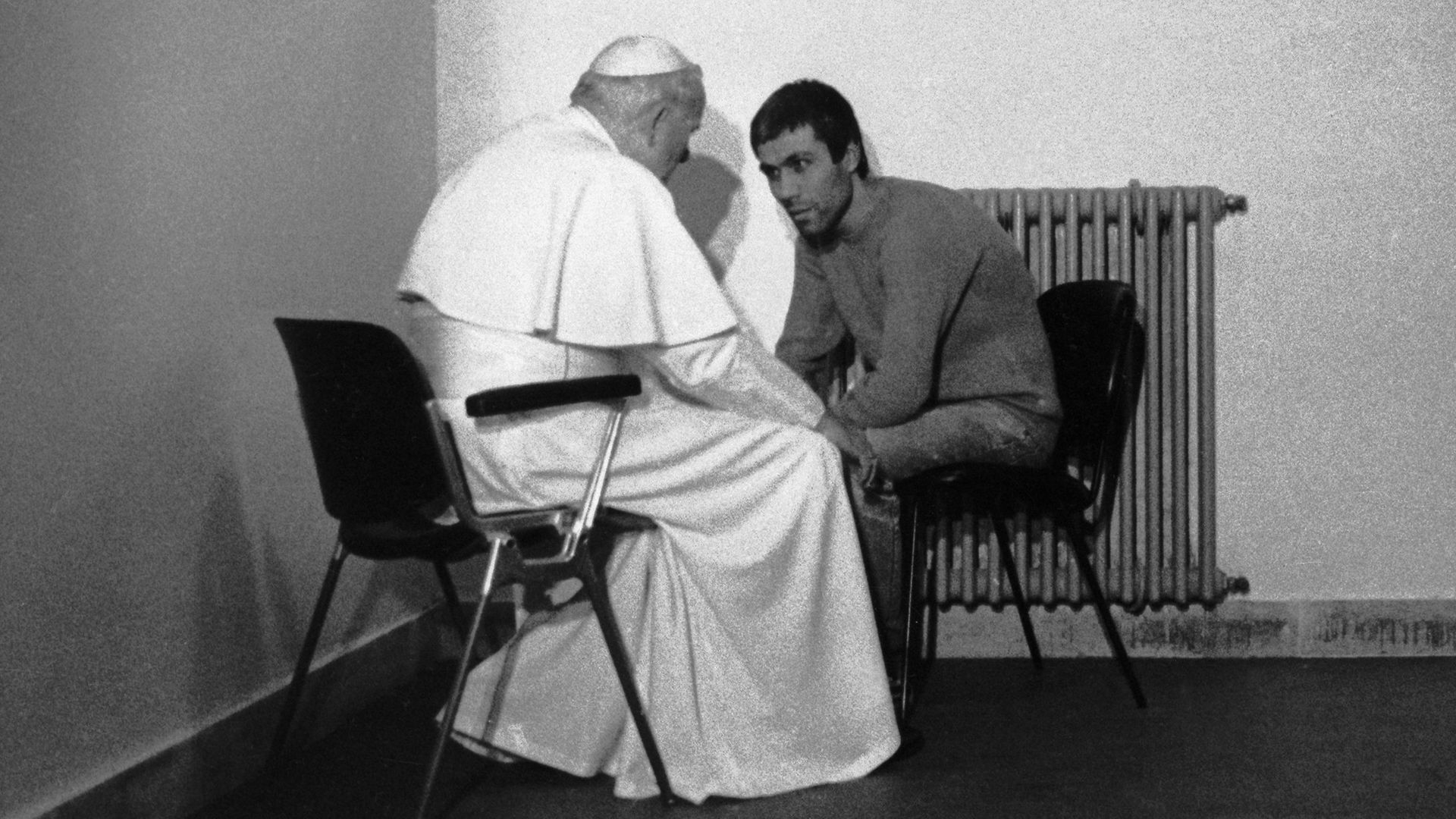
If your brother sins, rebuke him; and if he repents, forgive him. And if he wrongs you seven times in one day and returns to you seven times saying, ‘I am sorry,’ you should forgive him.” And the Apostles said to the Lord, “Increase our faith.” (Lk 17:1-6)
Most of us find forgiveness to be the hardest thing to do. Some of us have problems forgiving family much less enemies as the sad holiday non-reunions unfold this time of year, even without the pandemic to deal with. So no wonder the apostles said to the Lord, “Increase our faith!” Today’s picture is of John Paul II forgiving Mehmet Ali Ağca in his prison cell in 1983. The assassination attempt took place on May 13, 1981, in Saint Peter’s Square.
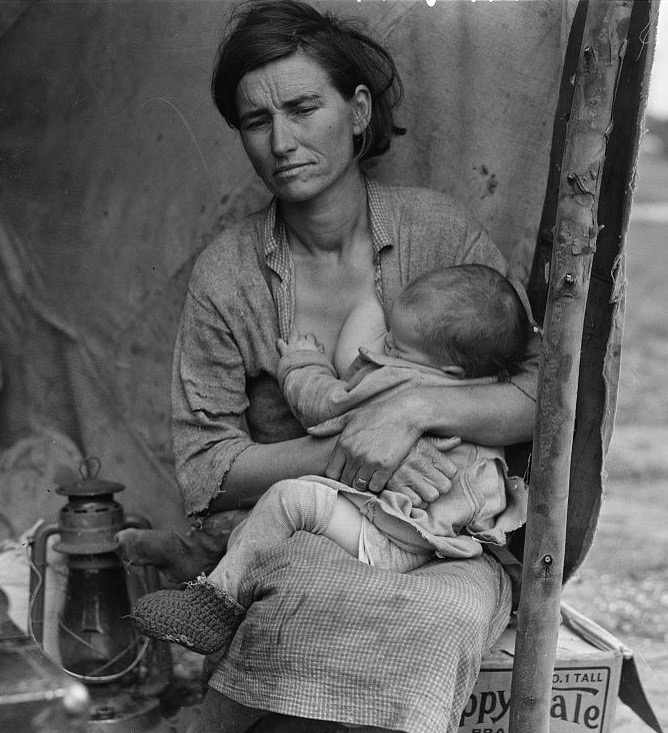
Jesus sat down opposite the treasury and observed how the crowd put money into the treasury.
Many rich people put in large sums. A poor widow also came and put in two small coins worth a few cents.
Calling his disciples to himself, he said to them, "Amen, I say to you, this poor widow put in more
than all the other contributors to the treasury. For they have all contributed from their surplus wealth,
but she, from her poverty, has contributed all she had, her whole livelihood." (Mk 12:38-33)
The story of the Widow’s Mite reminds us that God sees the world through eyes and values different from ours. We have to decide if we are going to live by the values of the Kingdom or by the values of the world.
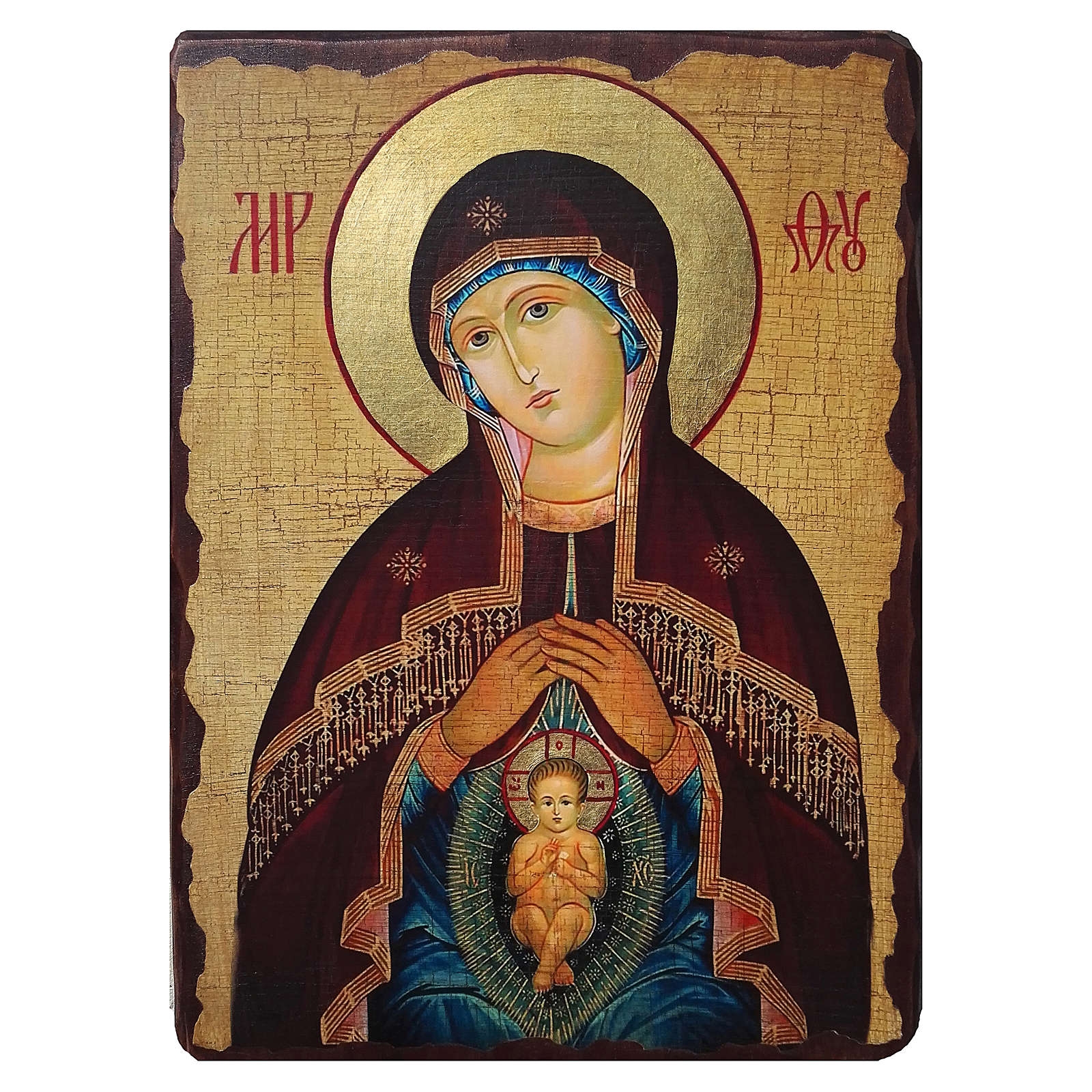
Greet Andronicus and Junia, my relatives and my fellow prisoners;
they are prominent among the Apostles and they were in Christ before me.
. . . .
I, Tertius, the writer of this letter, greet you in the Lord. (Rom 16:3-9,22-27)
We come to the conclusion of Paul’s great Letter to the Romans. His salutations to various members of the community are very interesting . . . especially, Andronicus and Junia . . . as Paul says, they are “prominent among the Apostles.” Junia is a woman! But for me the most fascinating interjection in the conclusion of this letter is Tertius, the scribe who is receiving the dictation from the apostle and photobombs Paul’s conclusion: ”Hi y’all!”
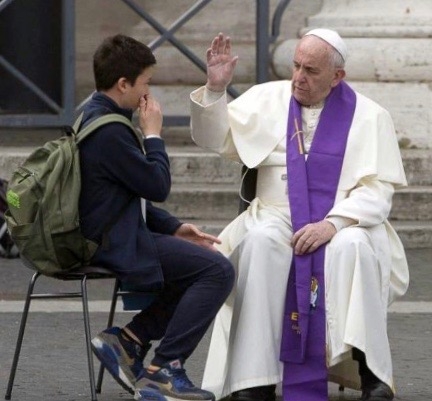
He called in his master’s debtors one by one.
To the first he said, ‘How much do you owe my master?’
He replied, ‘One hundred measures of olive oil.’
He said to him, ‘Here is your promissory note.
Sit down and quickly write one for fifty.’
Then to another he said, ‘And you, how much do you owe?’ He replied, ‘One hundred measures of wheat.’
He said to him, ‘Here is your promissory note; write one for eighty.’
And the master commended that dishonest steward for acting prudently.
For the children of this world are more prudent in dealing with their own generation
than the children of light.” (Lk 16:1-8)
The Parable of the Dishonest Steward must have left the disciples and the church scratching their heads! Perhaps if the parable has something to do with the Kingdom of God then we better learn how to deal with the world prudently, freely forgiving debts. Of course, we church people have never quite gotten the hang of this forgiveness thing.
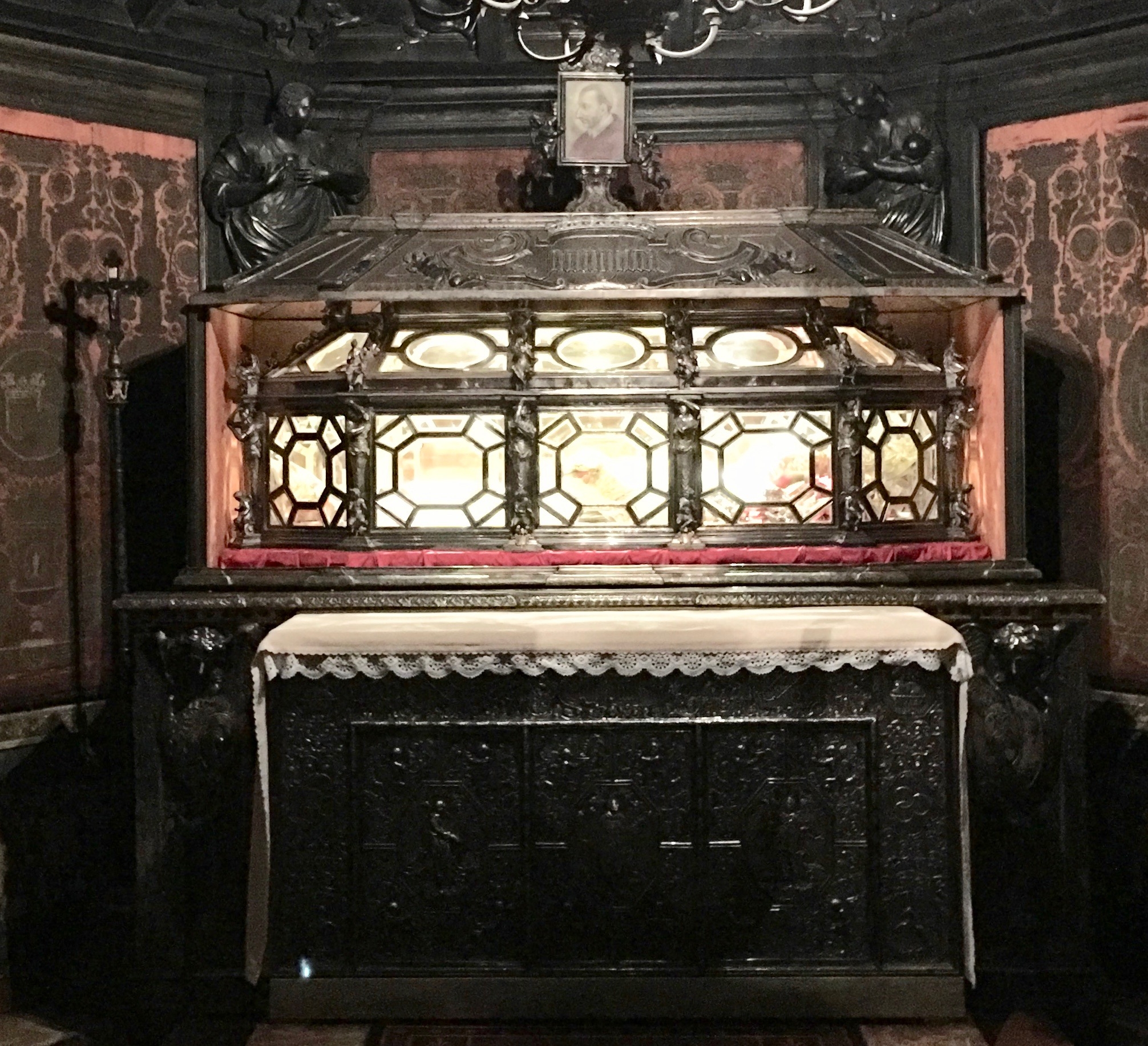
Brothers and sisters: None of us lives for oneself, and no one dies for oneself.
For if we live, we live for the Lord, and if we die, we die for the Lord;
so then, whether we live or die, we are the Lord’s.
For this is why Christ died and came to life, that he might be Lord of both the dead and the living. (Rom 14:7-12)
We are the Lord’s . . . of infinite value, infinite worth. We have dignity, not of our own making, but because we belong to Christ. Saint Charles benefitted from nepotism. His uncle, the pope, appointed him archbishop of Milan and cardinal. At the ecumenical council of Trent, Saint Charles voted to reform the church and to abolish nepotism. He was also responsible for inventing seminaries to educate clergy. Up to that time seminaries didn’t exist in the church, and clergy were basically uneducated, all of which resulted in the Protestant Reformation. Saint Charles can also claim the founding of the Confraternity for Christian Doctrine (CCD), Sunday School in other words. For one who came up in the ranks by nepotism, he didn’t do too bad. And he was an excellent pastor to his people.



